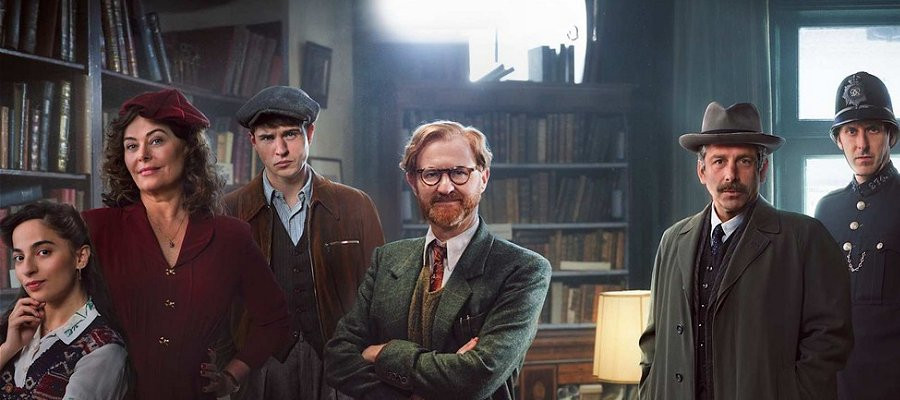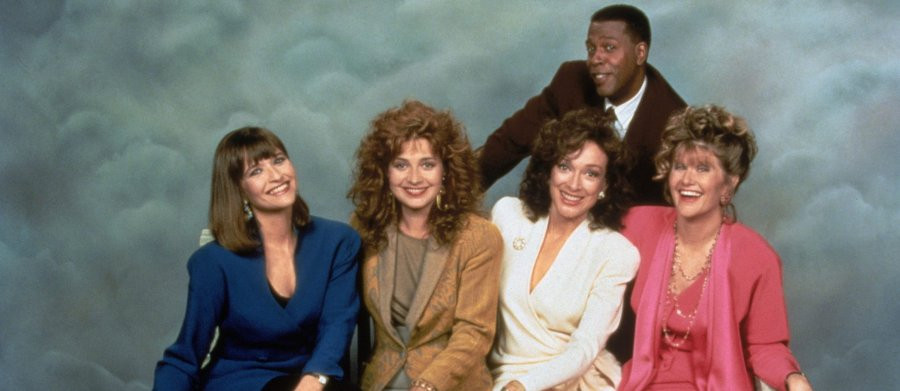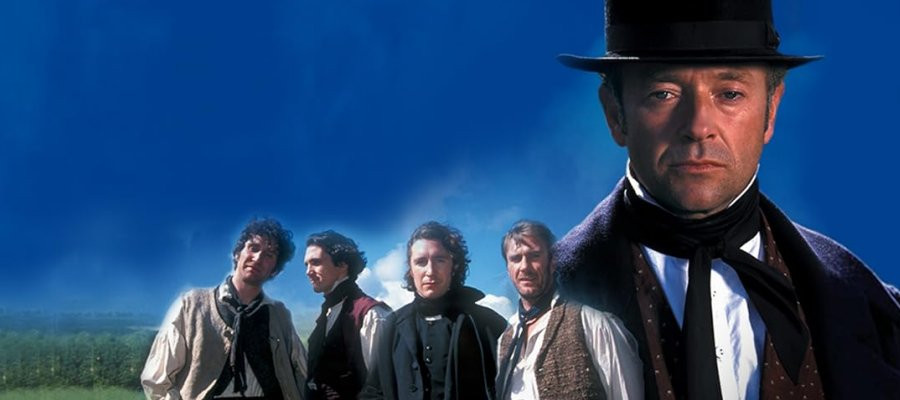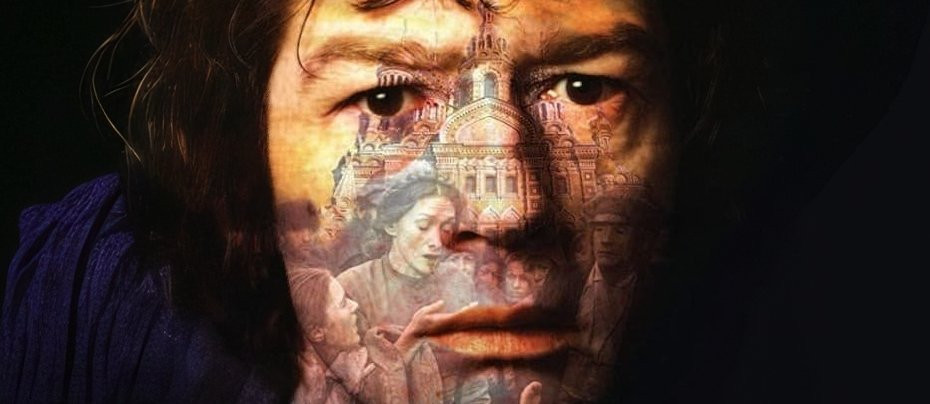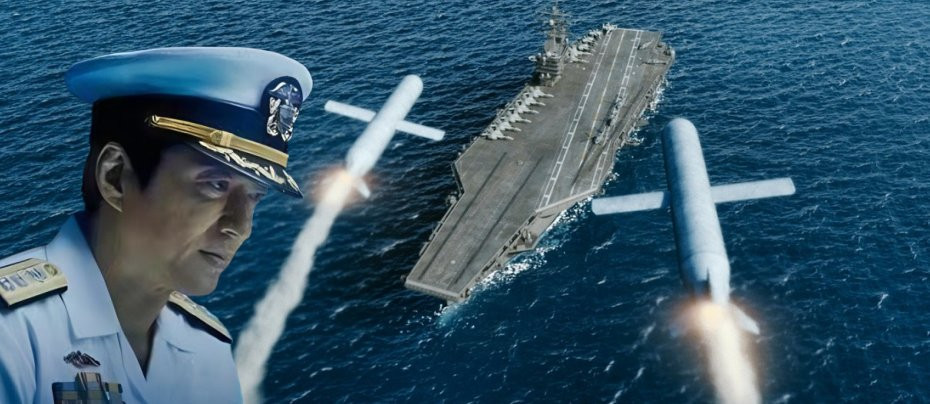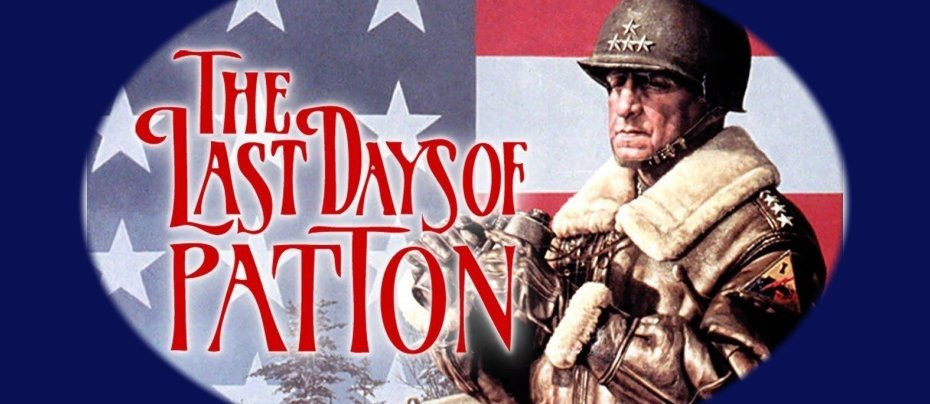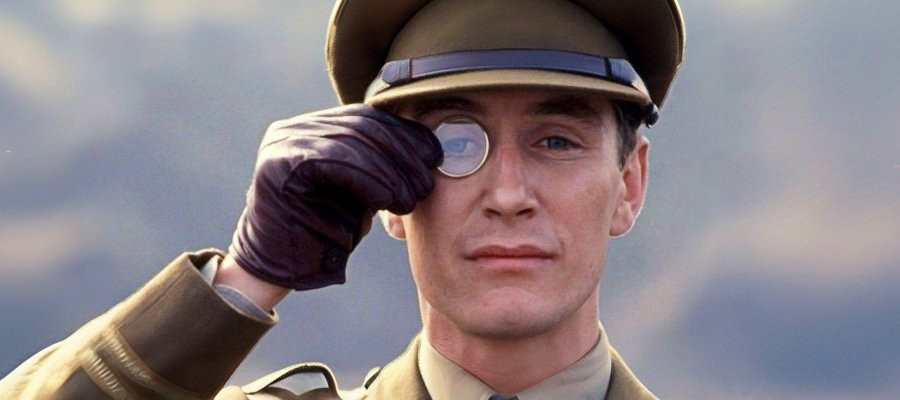
The Monocled Mutineer
1986 - United KingdomThe Monocled Mutineer is a bold, provocative four-part BBC drama from 1986 that dramatises the turbulent life of Percy Toplis, a real-life British Army deserter who became infamous during and after the First World War. Starring a magnetic Paul McGann in the title role, the series is based on the controversial 1978 book by William Allison and John Fairley and scripted by renowned dramatist Alan Bleasdale in his first historical screenplay. The result is a gripping mix of political commentary, anti-establishment spirit, and emotional resonance, but one that was also mired in public controversy and historical dispute.
Set against the backdrop of the 1917 Étaples mutiny — a little-known but deeply symbolic revolt within the British Expeditionary Force in France — The Monocled Mutineer paints a vivid, stylised picture of class oppression, military brutality, and personal rebellion. Étaples, a supposedly restful transit camp, is depicted as a harsh penal zone ruled by sadistic NCOs ("Canaries") where overworked, war-weary soldiers from across the Empire were driven to breaking point.
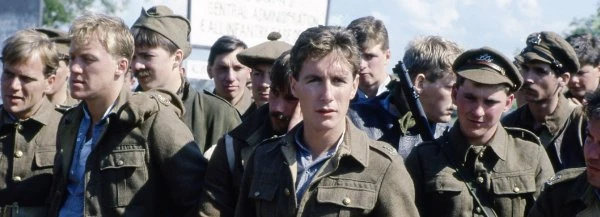
Bleasdale’s Toplis, by turns charming rogue and dangerous subversive, is less a historically faithful figure and more an avatar of resistance. As Toplis infiltrates ranks, impersonates officers, and leads an uprising, McGann delivers a charismatic, nuanced performance that energises the drama with youthful defiance and swagger. His presence gives the series a kind of revolutionary glamour that likely unsettled many in Thatcher’s Britain.
And unsettle it did. The show aired during a period of intense political scrutiny of the BBC, coinciding with Conservative Party efforts to rein in what they perceived as leftist bias at the public broadcaster. Within days of its premiere — watched by ten million viewers — The Monocled Mutineer became a lightning rod in the culture war, condemned by the right-wing press and scrutinised by government officials.
Critics such as The Daily Telegraph’s John Keegan derided the show’s portrayal of the Étaples events as overblown and misleading. More damaging still was the public disavowal from the show’s own historical adviser, Julian Putkowski, who stated bluntly that Percy Toplis was never even involved in the mutiny. Putkowski accused the production of historical inaccuracy and sensationalism, which undercut the BBC’s early marketing of the show as a "true-life story".

The BBC eventually defended the drama as a fictionalised account conveying a broader “truth” about the experience of WWI soldiers — a noble enough aim, but one overshadowed by the perception that the BBC had misled its audience. The fallout contributed to a political storm that ultimately led to the resignation of BBC Director General Alasdair Milne, the appointment of Thatcher ally Marmaduke Hussey, and a chilling effect on the BBC's editorial independence.
As drama, The Monocled Mutineer is a success. Bleasdale’s writing is impassioned and politically engaged. The direction is atmospheric and brutal where needed, capturing the mud, chaos, and psychological toll of war. The mutiny scenes are visceral and daring, making the viewer feel both the desperation and danger of the moment. The supporting cast, too, is uniformly strong, providing a textured, multi-national portrait of the rank-and-file soldiers.
However, the series does not withstand rigorous historical scrutiny. By fictionalising real people and real events, it walks a precarious line between dramatization and distortion. Its initial promotion as factual rather than interpretive undermined its credibility and gave ammunition to its critics. Though Bleasdale was arguably right to assert the importance of telling stories suppressed by the official record (especially given the destruction of the Étaples Board of Inquiry files), the liberties taken — particularly with Toplis’s role — risk conflating artistic truth with outright invention.
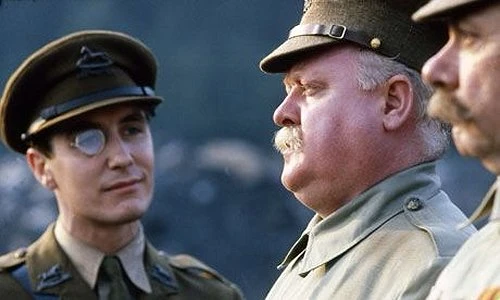
Despite, or perhaps because of, its flaws, The Monocled Mutineer remains one of the most important British television dramas of the 1980s. It dared to question national myths and to humanise those typically erased from the heroic narratives of war. In doing so, it sparked one of the most serious confrontations between government and the BBC in modern history — a reminder that storytelling is never just entertainment; it is always political.
For viewers today, the series remains compelling — both as a wartime thriller and as a cultural artifact of a Britain wrestling with its past and its present. But it should be approached with an understanding that its portrayal of events is selective, subjective, and stylised — not definitive history.
Seen this show? How do you rate it?
Seen this show? How do you rate it?
Published on July 29th, 2025. Written by Laurence Marcus for Television Heaven.


